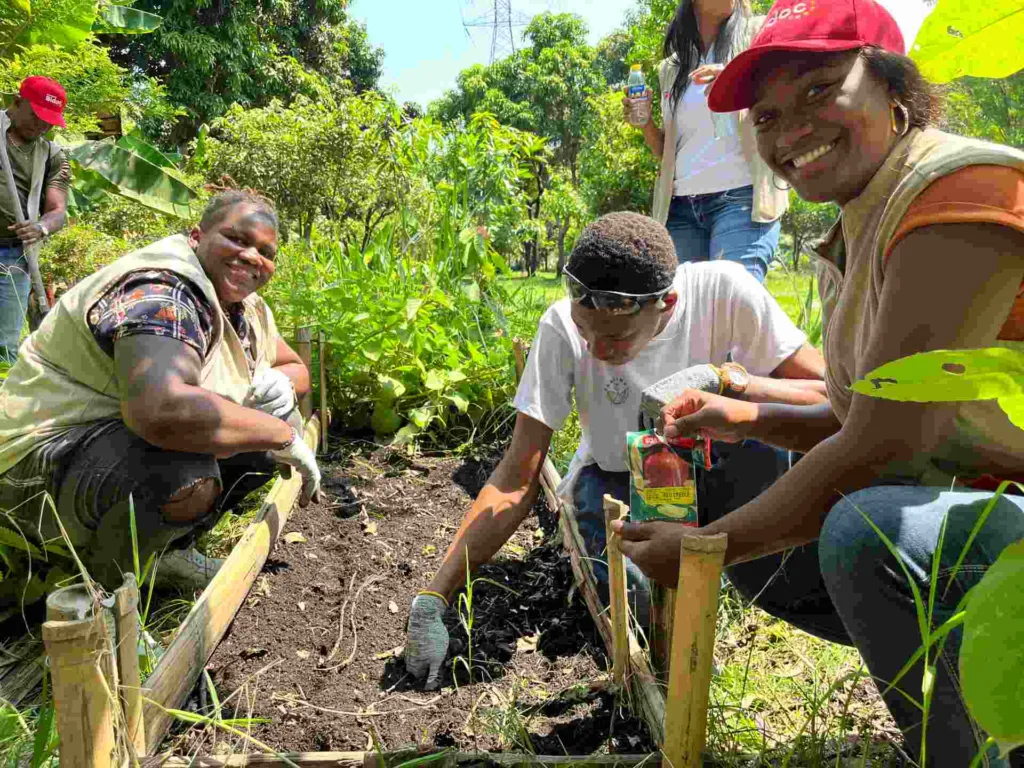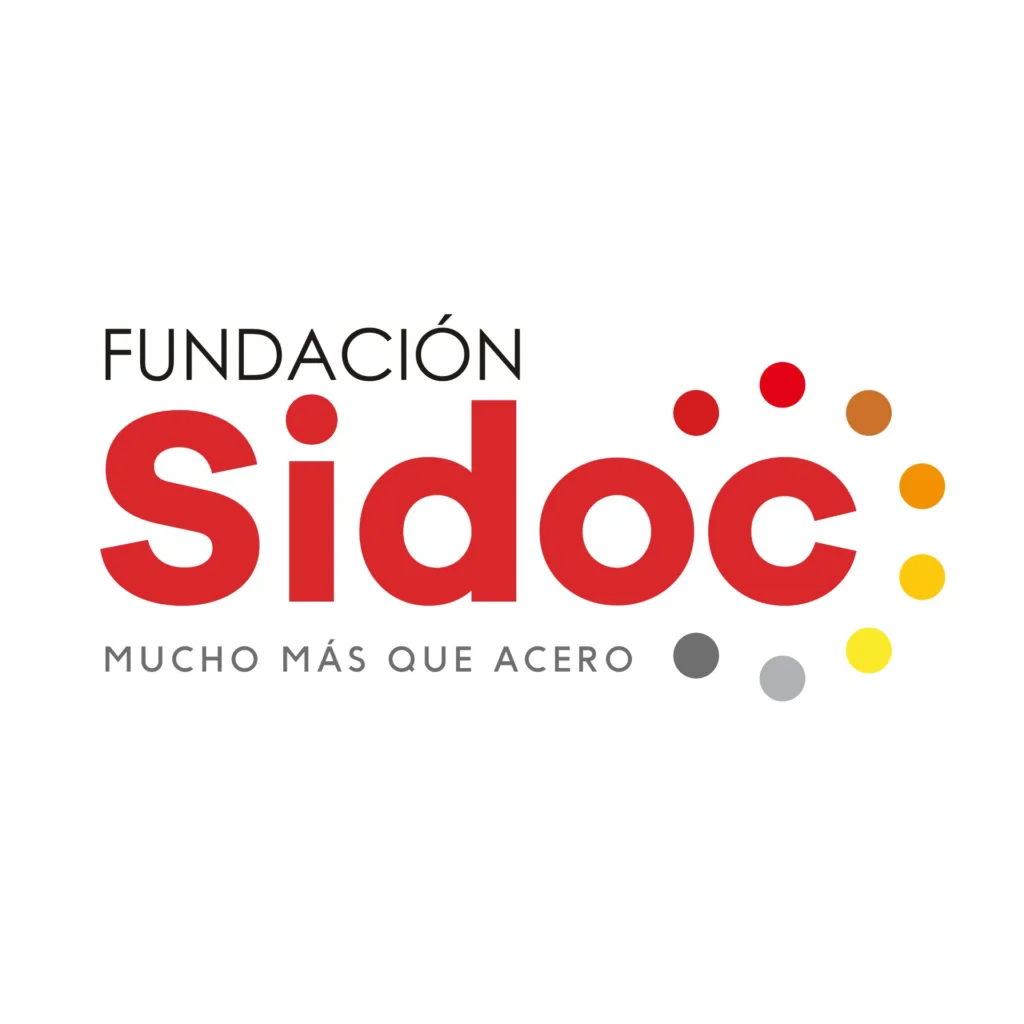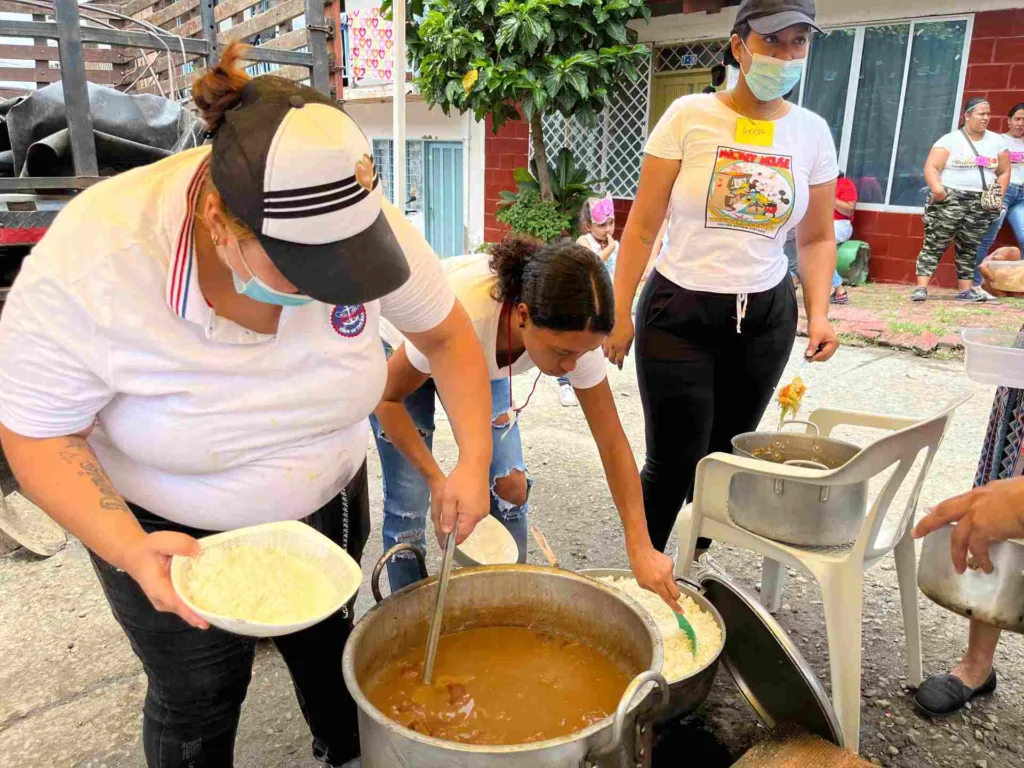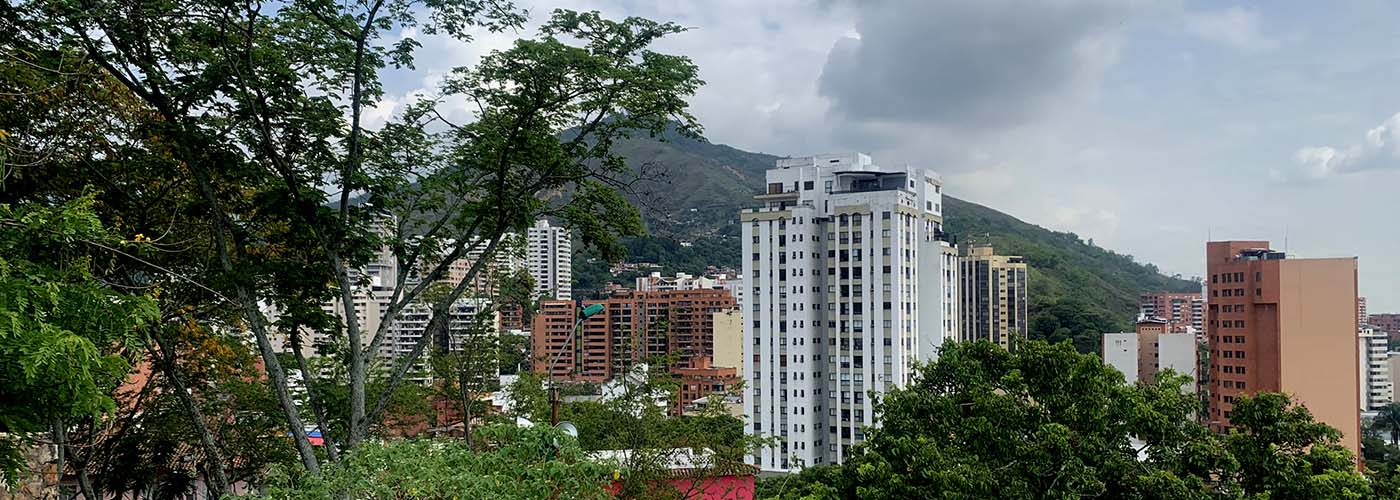Cali
The Cali Metropolitan Area, the third-largest city in Colombia with 2.5 million inhabitants, boasts a diversified and thriving economy. However, its agri-food system grapples with significant challenges, including marked inequalities, limited food diversity, restricted access to healthy options, malnutrition concerns (both hunger and overweight), a heavy reliance on imported food, and vulnerability to climate change impacts.
Most of the population is under 40, with high unemployment (18 percent) and poverty rates (45 percent) among individuals aged 15 to 24. Approximately 54 percent of the population faces food insecurity, coexisting with a high prevalence of overweight or obesity. Only 38 percent of households can afford a healthy diet, and merely 33 out of every 100 children have a minimally acceptable diet.
There are several programs in Cali aimed at reducing youth unemployment and increasing food security. The development plan ‘Cali united for life’ 2020-2023 includes a specific program for food security, including waste management, ecological footprint reduction and a circular economy. And the Cali city-region coalition supports a multi-actor platform on food security.
Fondation Botnar is funding the project: ‘Vivo mi Calle’ implemented by Fundación DESPACIO, SENSATA and WRI. Urban Futures is also working with the lead of Fundación SIDOC, convening powerful local players such as Cali Como Vamos, PROPacífico, Plataforma Juventudes Cali, COLSemillas, the Cali Agro Ecological Gardens Network, and Compromiso Valle, among others.
Find out more about the Cali city-region strategy and the program’s implementation strategy.
Partner
Fundación SIDOC
The SIDOC Foundation is committed to integral development. It creates opportunities, addresses and prevents violence, promotes peace, and rebuilds social cohesion through projects in vulnerable and marginalized regions and communities. Recognizing hunger as a severe form of violence, the foundation supports community kitchens and gardens. Through the Urban Futures Program, it is collaborating with the public and private sector to build a more sustainable, resilient, and inclusive food system for Cali, especially for youth and women.
Specific role in Urban Futures
- Facilitates local and national strategies and coalitions, including multi-stakeholder platforms, for inclusive, climate-resilient urban food systems.
- Provides capacity building, training and technical assistance based on other local partner needs.
- Supports local ownership in inception phase activities by actors and young people to co-create the food systems of their own city/region.
- Promotes new narratives that favor more inclusive, resilient, and sustainable food systems.
Fundación SIDOC




